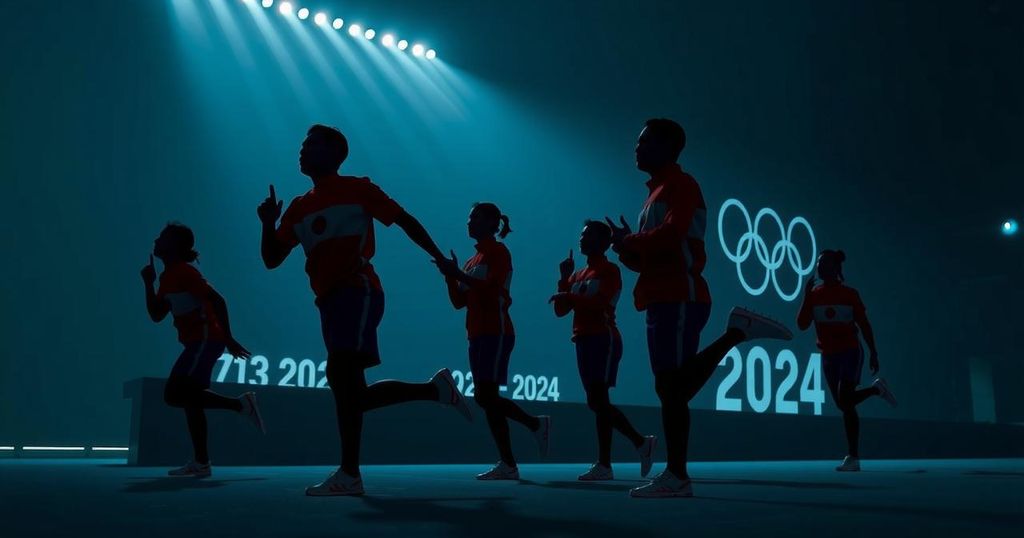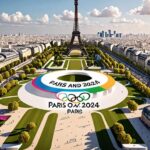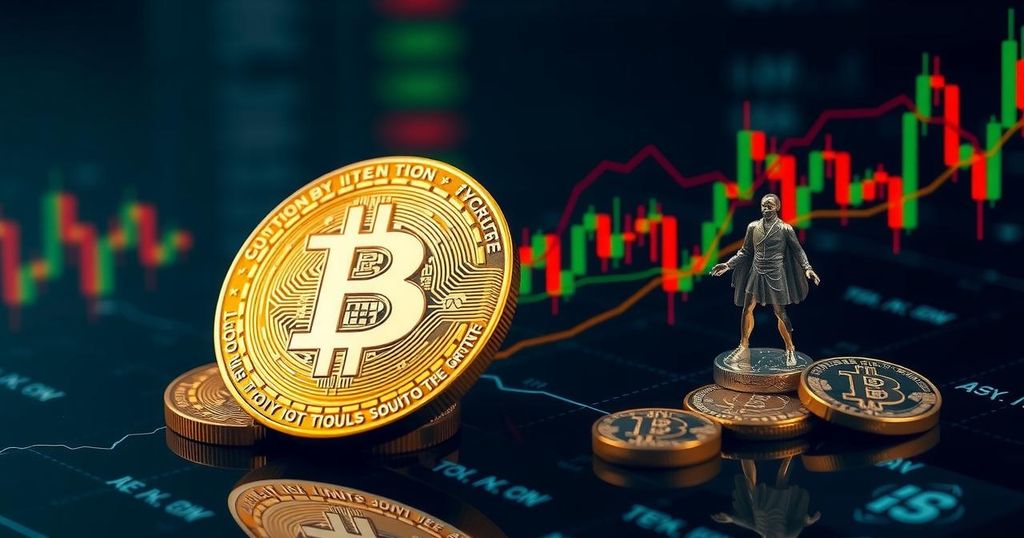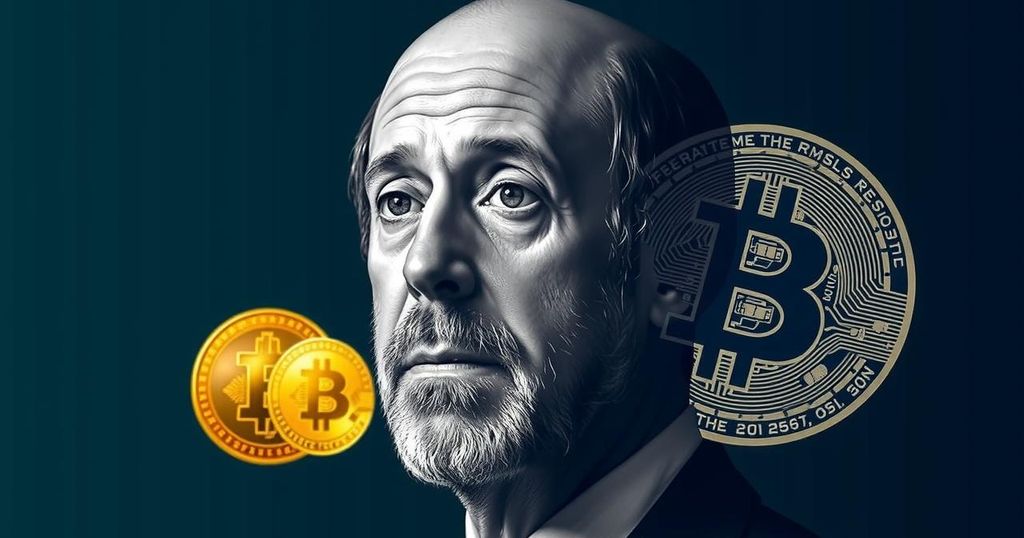Potential Consequences for North Korean Athletes Following 2024 Olympic Interactions
The 2024 Paris Olympics, which concluded on August 11, witnessed a notable moment involving North Korean athletes who, for the first time, seemed to experience a measure of freedom unlike their usual constraints. However, this situation has raised concerns regarding potential repercussions for these athletes.
During the event, all participating athletes received Samsung’s Galaxy Z Flip 6 Olympic Edition smartphones, with the exception of North Korean representatives, due to the existing United Nations sanctions against the nation related to its nuclear and missile developments. Despite this exclusion, North Korean athletes managed to capture and share “victory selfies” alongside competitors from South Korea and China, leading to an unexpected yet historic display of camaraderie that went viral on social media.
Nevertheless, this seemingly innocent interaction has triggered unease among North Korean officials and netizens alike, instigating fears of possible punishment for the parade of smiles and shared moments between athletes from adversarial countries.
According to a high-level source in Pyongyang, reported by Daily NK, the North Korean Olympic Committee and its athletes returned to scrutiny immediately following their arrival on August 15. This scrutiny involves a rigorous three-stage ideological evaluation process conducted over approximately one month by the Central Party, the Ministry of Sports, and an internal review committee. Such procedures aim to ensure that the athletes are not influenced or “contaminated” by what the regime deems a “non-socialist culture.” Any insights raising concerns could lead to disciplinary actions against the athletes, according to the aforementioned source.
Prior to their departure for the Olympics, North Korean athletes were specifically instructed to refrain from engaging with foreign athletes, notably those from South Korea. Thus, it appears likely that medalists Ri Jong Sik and Kim Kum Yong, who secured silver in mixed doubles table tennis, may face repercussions for their selfies with South Korean bronze medalists Lim Jong Hoon and Shin Yu Bin, as well as with China’s gold medalists Wang Chuqin and Sun Yingsha. This interaction is particularly controversial, given that smiling alongside South Korean athletes is viewed with scrutiny by the authorities.
Although it remains uncertain what specific punishments, if any, will be imposed on the North Korean athletes, the possibility of penalties or mandates for self-reflection looms large. Should these athletes be found guilty of excessive interaction, they may need to engage in extensive self-examination to mitigate possible political or administrative consequences.
In conclusion, while the actions of North Korean athletes during the 2024 Olympics might have been celebrated by the public, they simultaneously highlight the complex political implications and potential repercussions that arise from engagements with foreign athletes in a tightly controlled regime. As such, the athletes’ smiles could very well transition from a moment of joy to a cause for concern within their homeland.








Post Comment